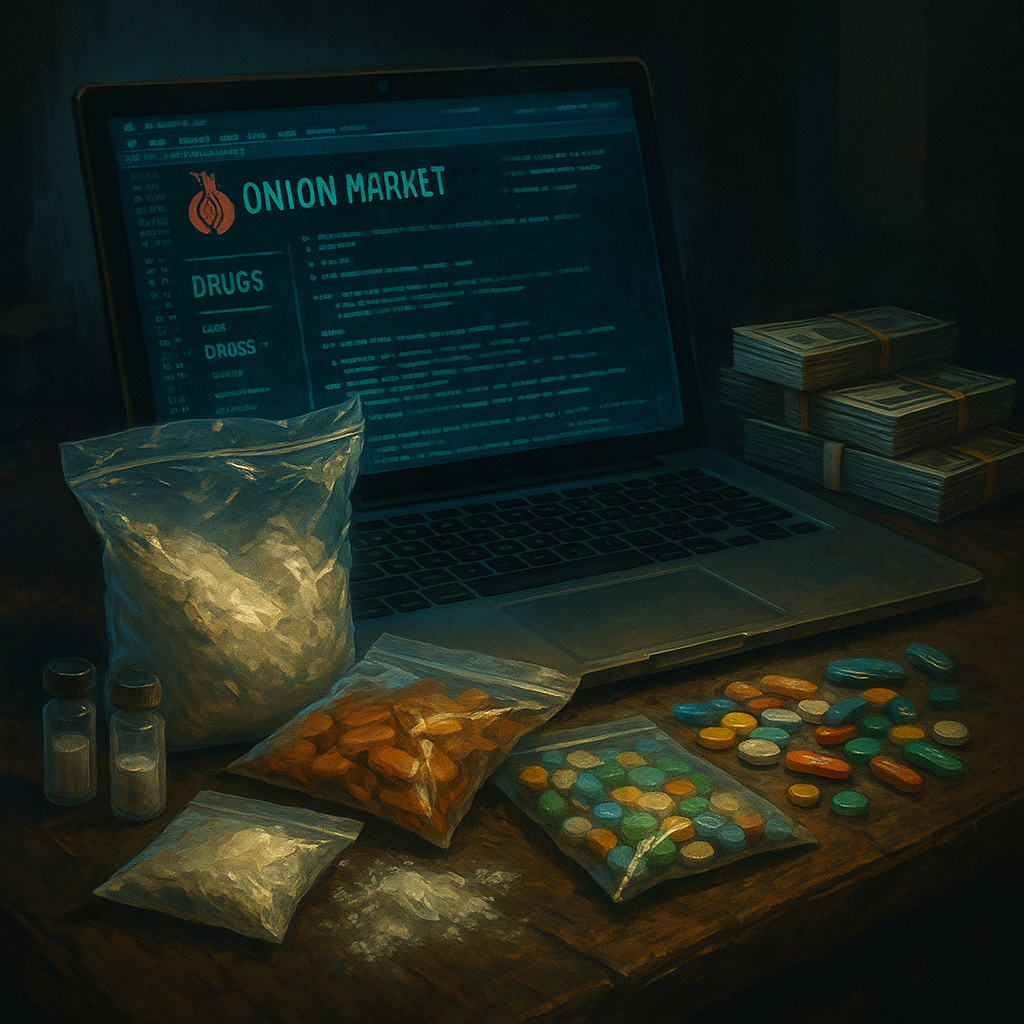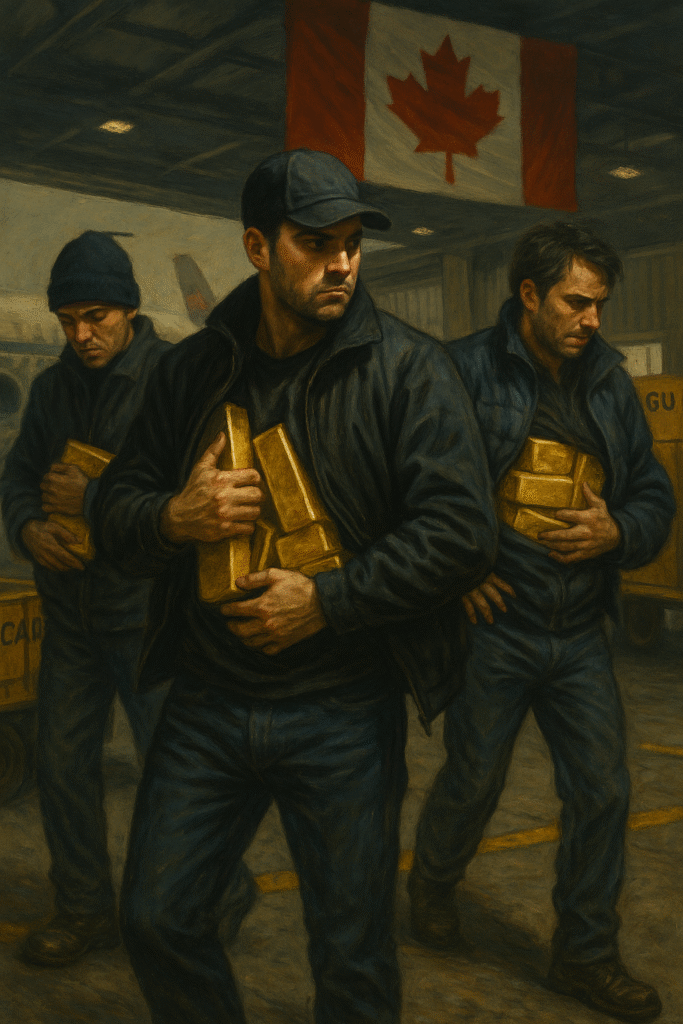Archetyp Market went live in 2020, stepping into a space where most platforms barely last months before collapsing under police pressure or betrayal from the inside. Over the next four years it grew into one of the most active drug markets on the dark web. Vendors moved cocaine, MDMA, amphetamines, and even fentanyl, a synthetic opioid so lethal that rival sites often refused to list it. Archetyp allowed it, and that decision brought in high-paying buyers who couldn’t find it elsewhere.
The platform survived on two things: strict security and loyal vendors. The administrator enforced encrypted communication for every transaction and shifted servers across multiple countries. Buyers could leave reviews, but open chatter about sellers stayed limited, making it harder for investigators to track patterns.
By early 2024, international police had already been watching Archetyp for years. The takedown came as a coordinated strike across several countries. Dutch authorities located and seized the core servers. Spanish police arrested the site’s 30-year-old German administrator in Barcelona. At the same time, other raids took down key moderators and prolific vendors.
The seizures told their own story. Police recovered about €7.8 million in cash, cryptocurrency, and luxury goods. Data from seized systems gave them a roadmap to other players in the network. Europol called the operation a warning to anyone who thought anonymity on the dark web was untouchable.
The fall of Archetyp left a power gap in the drug trade online. Competing markets scrambled to absorb its users, but many were unstable or already infiltrated by investigators. Some buyers and sellers disappeared entirely, worried about what authorities might have learned from the seized servers. Others shifted to encrypted messaging apps or small invitation-only forums.
Archetyp’s shutdown is more than another headline. It shows how dark web markets rise, thrive, and eventually fall. Law enforcement spent years building this case, blending cyber investigation with old-school undercover work. Analysts say the decision to allow fentanyl sales brought more heat than the market could survive.
The case also highlights a change in police tactics. Instead of just pulling the plug on servers, agencies are now moving fast to seize administrator funds, arrest top staff, and dismantle support networks. It sends a message across the scene: even a single loose communication or reused alias can bring a market down.
For years, Archetyp was a meeting point for traffickers and buyers across Europe and beyond. Its fall comes just as people have been talking about Ross Ulbricht, the Silk Road founder known as DPR, who recently saw a shift in his prison status. He has nothing to do with Archetyp, but his name still echoes whenever a dark web empire collapses.
The lesson is clear. The internet can hide a lot, but it can’t hide everything. In the cat-and-mouse game of online crime, every market eventually runs out of moves.

